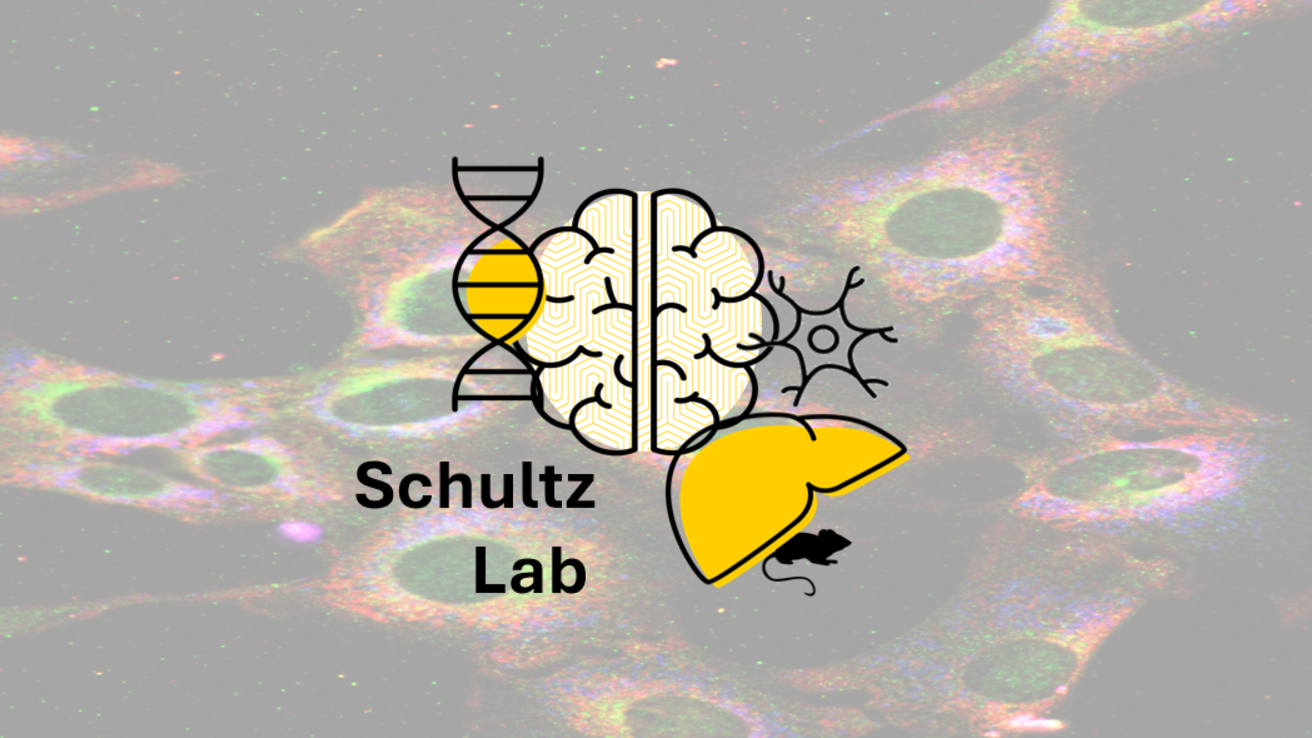
The mission of the Schultz Lab is to contribute meaningful knowledge to the field of Pediatric Rare Disorders through rigorous and reproducible science. Our goals are to explore molecular biology, develop new skills, and enjoy the process along the way.
Protein Folding Genetic Diseases
Our research group studies rare pediatric genetic diseases which are the result of defective protein folding. Currently, we focus on Niemann-Pick type C disease, an autosomal recessive lipid storage disease affecting many organ systems with no FDA approved therapeutics. Children with Niemann-Pick C disease commonly develop liver dysfunction and then progressive neurodegeneration as they age. Niemann-Pick C is commonly caused by loss-of-function mutations in the NPC1 gene (95% of cases). NPC1 encodes NPC intracellular cholesterol transporter 1 (NPC1), a multipass transmembrane glycoprotein required for exporting unesterified cholesterol from late endosomes and lysosomes.
The most common disease-causing mutation is an isoleucine-to-threonine substitution at position 1061 (I1061T). I1061T-NPC1 misfolds in the endoplasmic reticulum (ER) and is rapidly degraded by the proteasome and through ER-autophagy, a specific form of autophagy that removes misfolded ER proteins. Importantly, I1061T-NPC1 is functional if trafficked to the lysosome, i.e., I1061T-NPC1 can export unesterified cholesterol out of the lysosome. This observation has spurred our interest in acquiring a comprehensive understanding of the process of NPC1 degradation, with the ultimate goal of using this knowledge to develop proteostasis (protein homeostasis) modulators to restore the function of the mutated versions of NPC1.
The Schultz lab utilizes a wide variety of biochemical techniques, cellular models, and in vivo models to elucidate the molecular mechanisms of disease. Our long-term goal is to develop therapeutic treatments, and our current work includes small-molecule/biological drug development, and mRNA-based therapeutics.